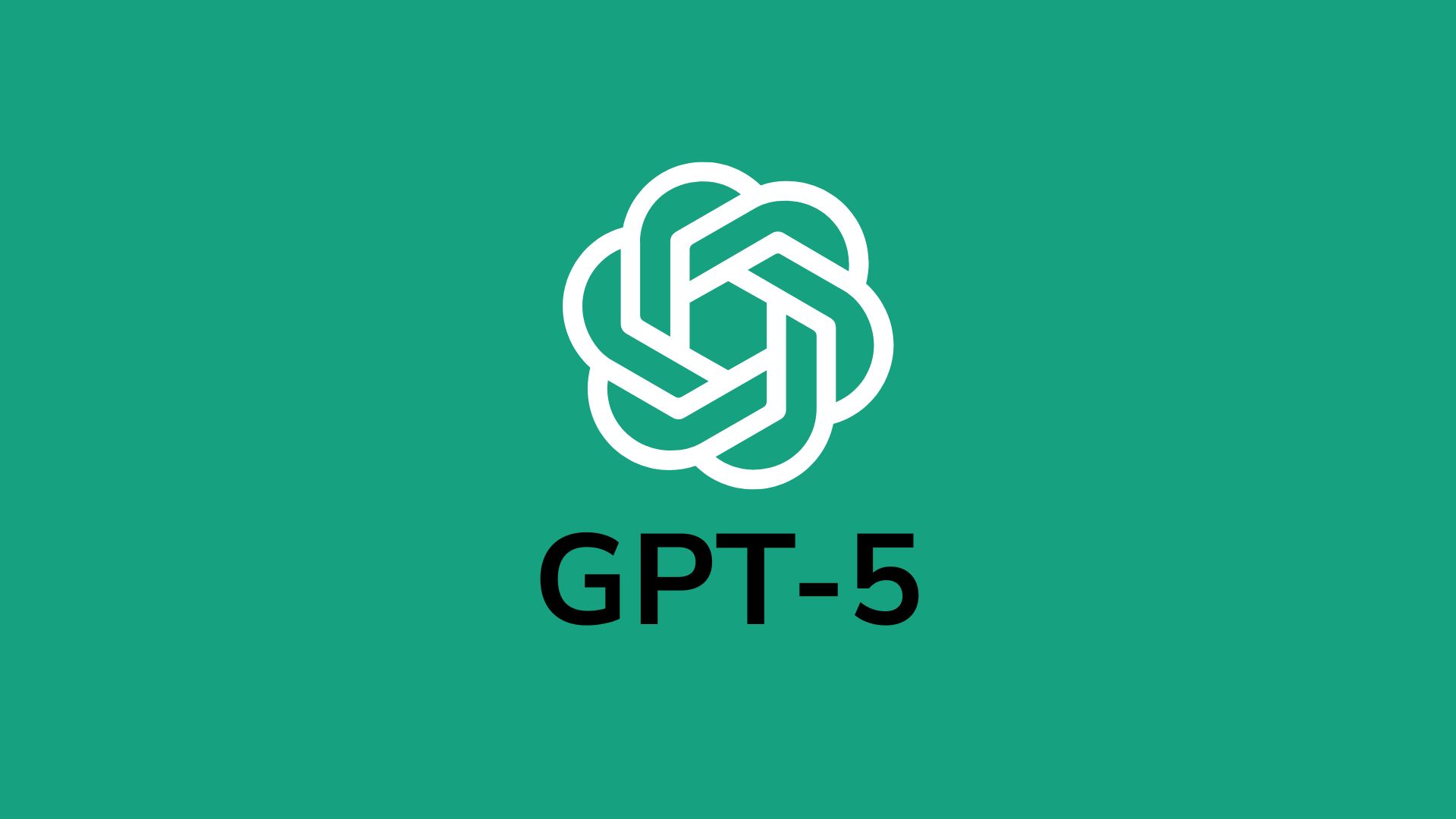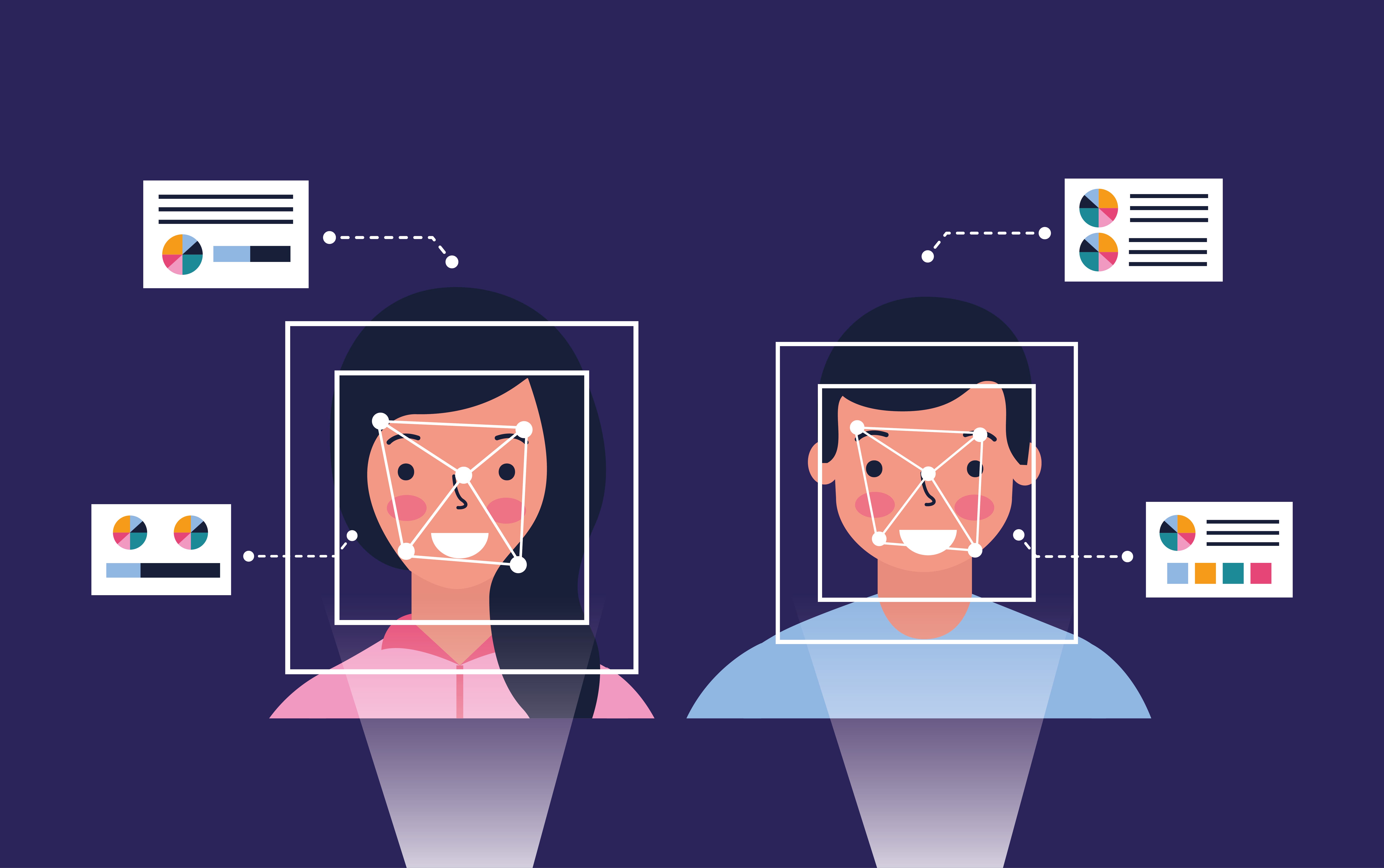OpenAI has launched ChatGPT for Teachers, offering US US educators a secure workspace to plan lessons and utilise AI safely. The service is free for verified K–12 staff until June 2027. OpenAI states that its goal is to support classroom tasks without introducing data risks.
Educators can tailor responses by specifying grades, curriculum needs, and preferred formats. Content shared in the workspace is not used to train models by default. The platform includes GPT-5.1 Auto, search, file uploads, and image tools.
The system integrates with widely used school software, including Google Drive, Microsoft 365, and Canva. Teachers can import documents, design presentations, and organise materials in one place. Shared prompt libraries offer examples from other educators.
Collaboration features enable co-planned lessons, shared templates, and school-specific GPTs. OpenAI says these tools aim to reduce administrative workloads. Schools can create collective workspaces to coordinate teaching resources more easily.
The service remains free through June 2027, with pricing updates to follow later. OpenAI plans to keep costs accessible for schools. Educators can begin using the platform by verifying their status through SheerID.
Would you like to learn more about AI, tech, and digital diplomacy? If so, ask our Diplo chatbot!










